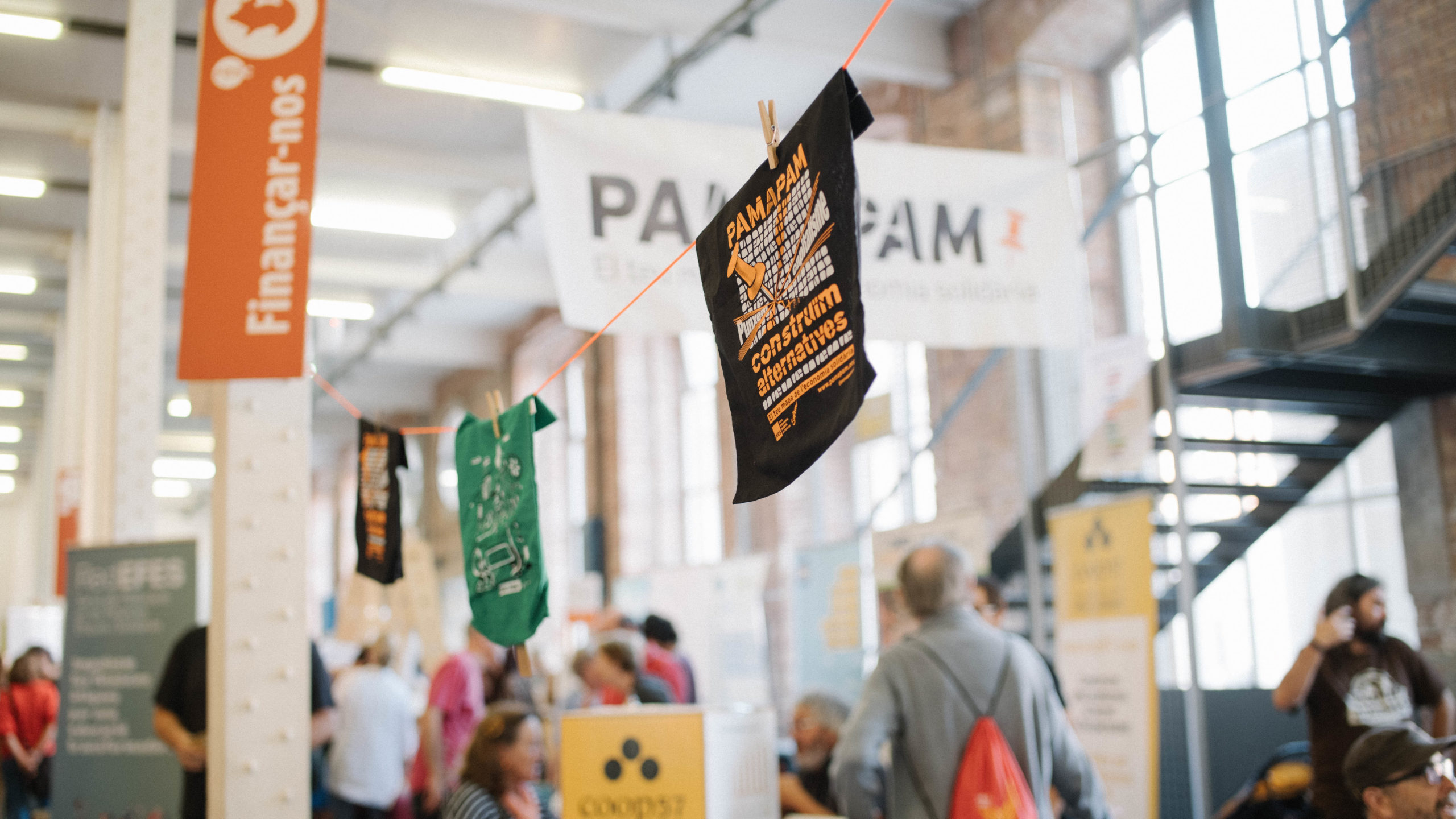Chile despertó, “Chile woke up” reads the main slogan used in the massive protests that have brought Chile to a halt. People flooded the streets demanding deep structural changes in enormous, mainly peaceful protests, the biggest one of which took place on 10/25 gathering more than one million people.
 After the tariff raise, in a massive act of civil disobedience, students began jumping the turnstile. More and more followed. Police enforcement got tougher and tougher as the decentralized fare-dodging snowballed into revolt and on October 18th the pressure pot exploded. Subway stations and supermarkets were set on fire; violence and destruction that evidenced shaken up masses yanked from a deep, apathetic sleep.
Since the 90’s Chile developed into a neoliberal “paradise” meaning a country privatized to the core. Everything that is considered basic to life in a modern society has been privatized. From health to education, to public transport and pensions. Even water (actually, natural resources in general). You name it, Chile has a privatized model for it. And the numbers look so healthy: Chile is the richest economy in South America in terms of GDP per capita. It’s a prosperous, high-income economy according to the World Bank.
After the tariff raise, in a massive act of civil disobedience, students began jumping the turnstile. More and more followed. Police enforcement got tougher and tougher as the decentralized fare-dodging snowballed into revolt and on October 18th the pressure pot exploded. Subway stations and supermarkets were set on fire; violence and destruction that evidenced shaken up masses yanked from a deep, apathetic sleep.
Since the 90’s Chile developed into a neoliberal “paradise” meaning a country privatized to the core. Everything that is considered basic to life in a modern society has been privatized. From health to education, to public transport and pensions. Even water (actually, natural resources in general). You name it, Chile has a privatized model for it. And the numbers look so healthy: Chile is the richest economy in South America in terms of GDP per capita. It’s a prosperous, high-income economy according to the World Bank.
 Yet, something is deeply wrong. The minimum salary in Chile is 370€ and the minimum pension one third of that, or less. Half of the workforce earns slightly more than the minimum. And the rich? You guessed it. Filthy rich: 33% of the income generated by the entire Chilean economy is captured by the richest 1%. All this according to a 2017 UNDP report simply titled “Unequal”. Chile is now showing massive discontent and rejection of an economic model design to benefit the few and exploit the many. Basta de abusos is another common protest banner. Stop the abuse.
Making noise with a pan and a wooden spoon chileans fill the squares and gather to sing old protest songs. Their demands are broad and include things such as free education, decent healthcare, subsistence pensions and salaries.
Yet, something is deeply wrong. The minimum salary in Chile is 370€ and the minimum pension one third of that, or less. Half of the workforce earns slightly more than the minimum. And the rich? You guessed it. Filthy rich: 33% of the income generated by the entire Chilean economy is captured by the richest 1%. All this according to a 2017 UNDP report simply titled “Unequal”. Chile is now showing massive discontent and rejection of an economic model design to benefit the few and exploit the many. Basta de abusos is another common protest banner. Stop the abuse.
Making noise with a pan and a wooden spoon chileans fill the squares and gather to sing old protest songs. Their demands are broad and include things such as free education, decent healthcare, subsistence pensions and salaries.
 The “we are at war” quote ignited a massive wave of “we are not at war” protests all over the country. With nothing else to lose but a meaningless job, huge debts and a low or no-pension future people fearlessly refused having the military turned against them. So Piñera tried a new strategy. He apologized and in a desperate attempt to calm things down he froze the raise on the subway tariff. Which came like an insult, since, as we already established, it is not about the 30 pesos.
Now Piñera removed most of his ministers and replaced them with younger versions of themselves. No surprises there. Meanwhile, the official number of deaths during the revolt is up to 20, although it could be double that much and the UN sent a team to investigate human rights abuses linked to police brutality.
None of the repression has worked. People keep going out into the streets, making noise, demanding to be heard. Asamblea constituyente ahora is another banner seen in every protest meaning “constituent assembly right now”, a call to start the process for a new Constitution since the current one was passed down by the dictatorship.
Chile, the neoliberal guinea pig, is showing signs of discontent that no amount of makeup will conceal. People are demanding deep, structural change, questioning the basic principles that have been holding together the social fabric. What makes life worth living? The right to start a business? Or strong, supportive communities? Individualism and profit? Or collective care and well-being?
The “we are at war” quote ignited a massive wave of “we are not at war” protests all over the country. With nothing else to lose but a meaningless job, huge debts and a low or no-pension future people fearlessly refused having the military turned against them. So Piñera tried a new strategy. He apologized and in a desperate attempt to calm things down he froze the raise on the subway tariff. Which came like an insult, since, as we already established, it is not about the 30 pesos.
Now Piñera removed most of his ministers and replaced them with younger versions of themselves. No surprises there. Meanwhile, the official number of deaths during the revolt is up to 20, although it could be double that much and the UN sent a team to investigate human rights abuses linked to police brutality.
None of the repression has worked. People keep going out into the streets, making noise, demanding to be heard. Asamblea constituyente ahora is another banner seen in every protest meaning “constituent assembly right now”, a call to start the process for a new Constitution since the current one was passed down by the dictatorship.
Chile, the neoliberal guinea pig, is showing signs of discontent that no amount of makeup will conceal. People are demanding deep, structural change, questioning the basic principles that have been holding together the social fabric. What makes life worth living? The right to start a business? Or strong, supportive communities? Individualism and profit? Or collective care and well-being?
 Chile is rejecting the neoliberal model as a whole, a GDP-growth-obsessed model that for 30 years has dramatically failed the masses, bringing nothing but unhappiness and ecological devastation not only in Chile but all over the world. La dignidad es un derecho, no un privilegio. That one breaks my heart. People have to remind politicians that dignity is a right, not a privilege.
As Chile basks in a new found conviviality, this is the time to come forward with alternatives. To open up all the possibilities that degrowth can offer beyond colonialism, beyond development and beyond capitalism. To enact a chilean version of buen vivir. This is the time to rediscover direct participation and open assemblies which will be crucial to strengthen a movement that really comes from below, since the protests do not have a leader or a spokesperson.
The challenge is massive and its a long road ahead to say that the nightmare is over. But the awakening has definitely begun.
Chile is rejecting the neoliberal model as a whole, a GDP-growth-obsessed model that for 30 years has dramatically failed the masses, bringing nothing but unhappiness and ecological devastation not only in Chile but all over the world. La dignidad es un derecho, no un privilegio. That one breaks my heart. People have to remind politicians that dignity is a right, not a privilege.
As Chile basks in a new found conviviality, this is the time to come forward with alternatives. To open up all the possibilities that degrowth can offer beyond colonialism, beyond development and beyond capitalism. To enact a chilean version of buen vivir. This is the time to rediscover direct participation and open assemblies which will be crucial to strengthen a movement that really comes from below, since the protests do not have a leader or a spokesperson.
The challenge is massive and its a long road ahead to say that the nightmare is over. But the awakening has definitely begun.

Around the world, social movements are rising up in response to the multiple crises of our time. However, only few seem to focus on the task of building concrete institutions that could challenge existing structures and change the rules of our system. The world is facing one crisis after another. From climate breakdown and mass extinction to economic instability, inequality, and injustic...
Degrowth stands for moving beyond the paradigm of the growth- and profit-oriented economic system. By means of a social-ecological transformation, a good life for all can be achieved. This means overcoming the imperial way of living of the global North, building alternatives, and creating positive narratives of our possible future. This also includes resisting useless large-scale projects, priv...

This year we celebrate the 10th anniversary of the first international degrowth conference in Paris, 18-19 April 2008. This event introduced the originally French activist slogan décroissance into the English-speaking world and international academia as degrowth. This year we celebrate with three conferences: the current one in Malmö, the one in Mexico City from 3 to 7 September and at the Post...